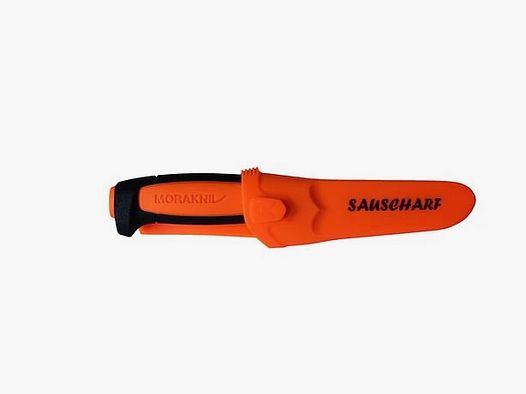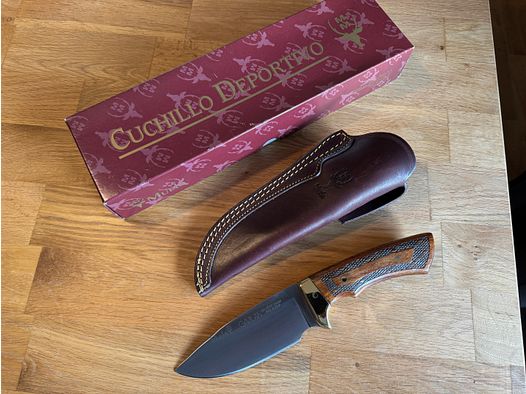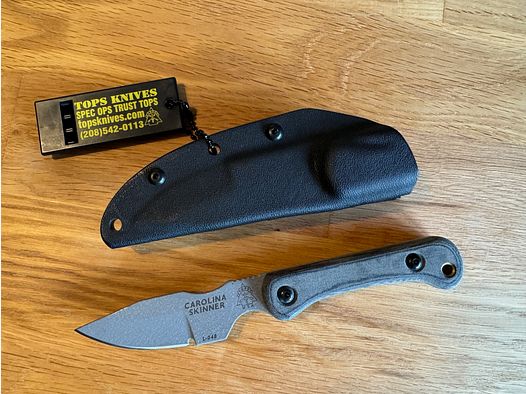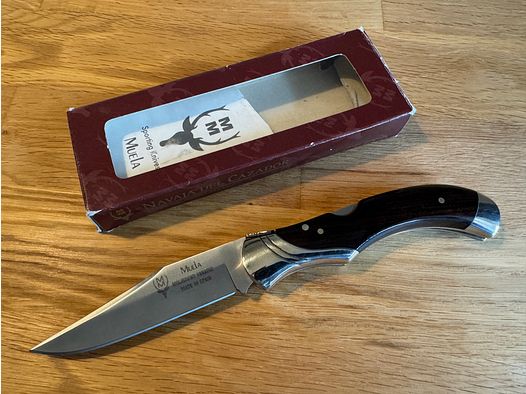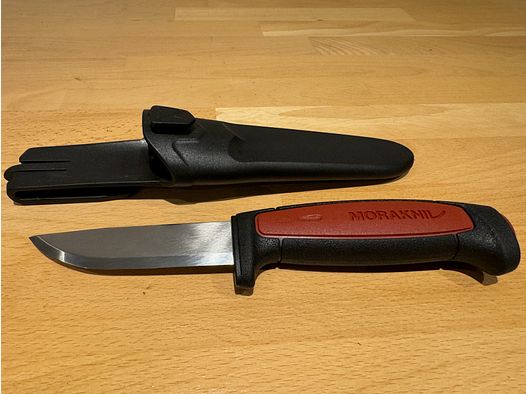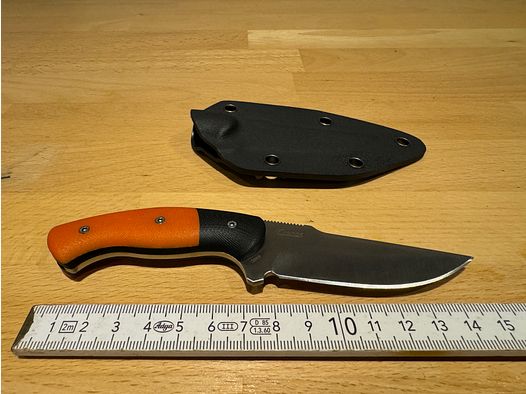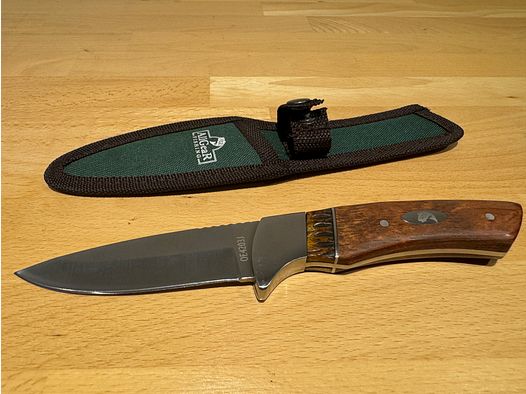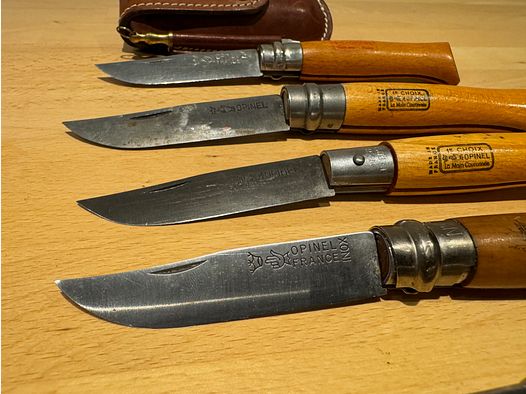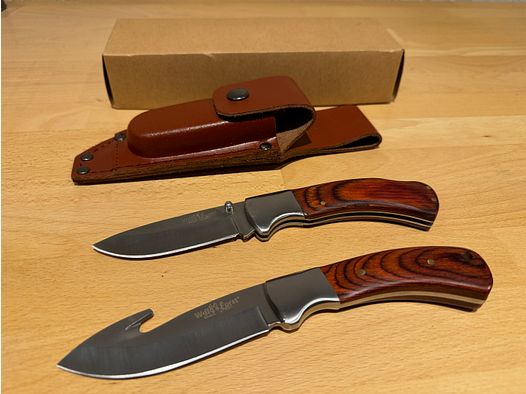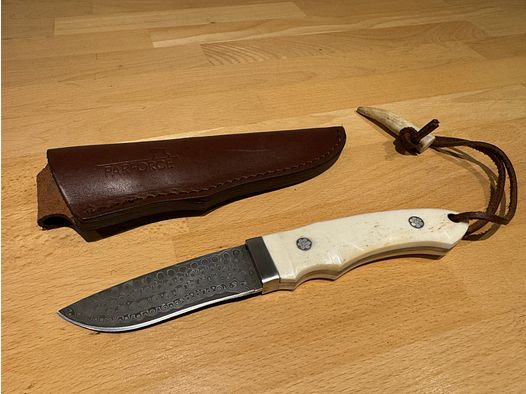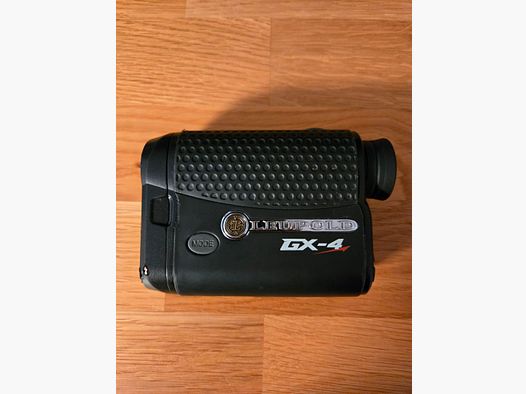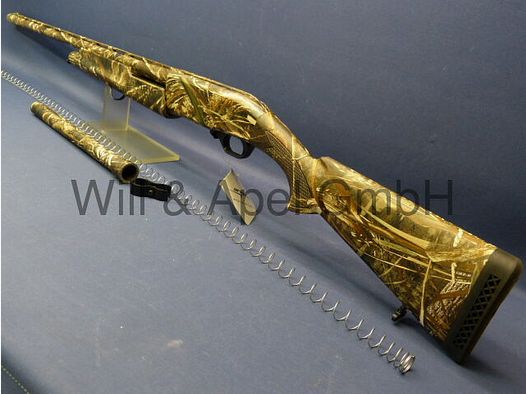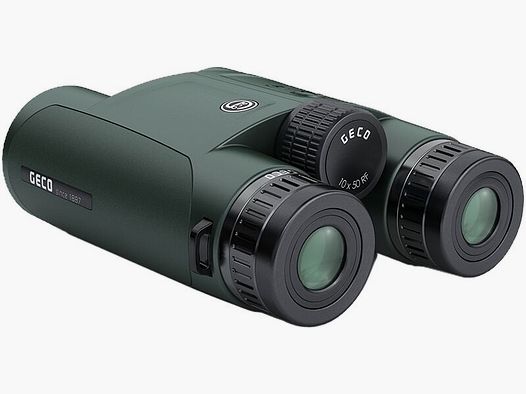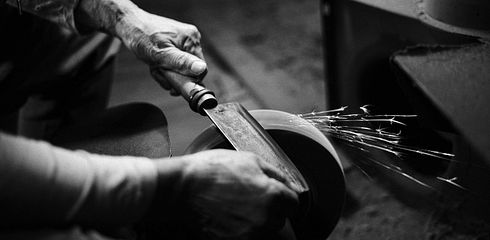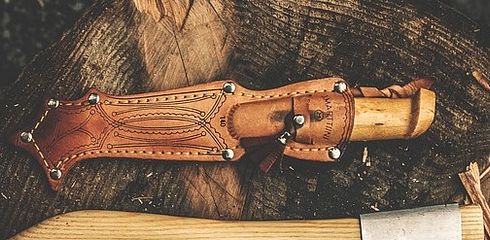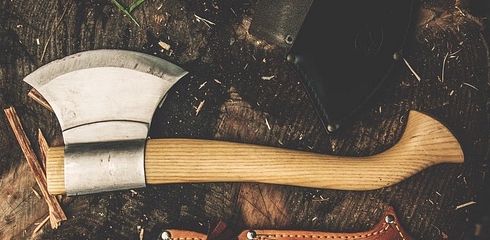A reliable and high-quality hunting knife is crucial for every hunter. It is not just a tool, but often a faithful companion in the field and can make the difference between a successful hunting experience and a disappointing outing. A good hunting knife should be specifically designed for the needs of the hunter and possess a range of important features that set it apart from ordinary knives. In this article, we take a closer look at the essential characteristics of a high-quality hunting knife.
The Blade Length and Shape
The blade length is a critical factor when selecting a hunting knife. Typically, the optimal blade length ranges from 8 to 15 centimeters. A longer blade allows for longer cuts and is useful for larger animals, while a shorter blade offers more precise control and handling. The blade shape should ideally have a narrow tip for making precise cuts, as well as a slightly curved blade for versatile applications.
The Blade Materials and Hardness
High-quality hunting knives often have blades made from stainless steel such as AUS-8, VG-10, or S30V. These types of steel provide an optimal balance between rust resistance, sharpness, and durability. The hardness of the blade is often measured on the Rockwell scale (HRC), and a hardness level of 56-58 HRC is considered ideal for hunting knives. This hardness level allows for good edge retention while still being relatively easy to sharpen.
The Handle
The handle is the direct contact point between the hunter and the knife and is therefore of great importance. A high-quality hunting knife has an ergonomically shaped handle that fits comfortably in the hand and is non-slip, even when wet or bloodied. Handles made of wood, G10, or various plastics are commonly found in hunting knives. It is important that the handle has a solid and durable construction to ensure safety and control during use.
The Full-Tang Construction
The full-tang construction means that the blade extends completely through the handle, resulting in a sturdier and more reliable knife. This prevents the blade from loosening or breaking away from the handle, even under tough conditions. Full-tang hunting knives are generally more durable and can better withstand the stresses of a hunting situation.
The Blade Coating
Some high-quality hunting knives feature a blade coating that provides additional protection against rust and wear. Popular coatings include DLC (Diamond-Like Carbon), PVD (Physical Vapor Deposition), or Teflon. The coating can also reduce reflective properties, which can be advantageous for camouflage during hunting.
The Sheath
A high-quality sheath is another important feature. It should securely hold the knife and protect it from damage. Leather or Kydex are common materials for hunting knife sheaths. A strap attachment allows the hunter to conveniently carry the knife on their belt for easy access during the hunt.
The Weight and Balance
A balanced weight is crucial for effectively handling the knife and minimizing fatigue during longer hunting situations. A knife that is too heavy can feel unwieldy, while a knife that is too light may not provide enough power behind the cuts. The optimal balance is usually close to the handle, allowing for better control.
In Summary
A high-quality hunting knife should be seen as a reliable partner for the hunter. The right combination of blade length, material, hardness, handle, construction, and sheath are critical factors for efficiency and safety during the hunt. Hunters should invest in a high-quality hunting knife that can serve them faithfully for years and become a reliable companion on every hunting expedition.



